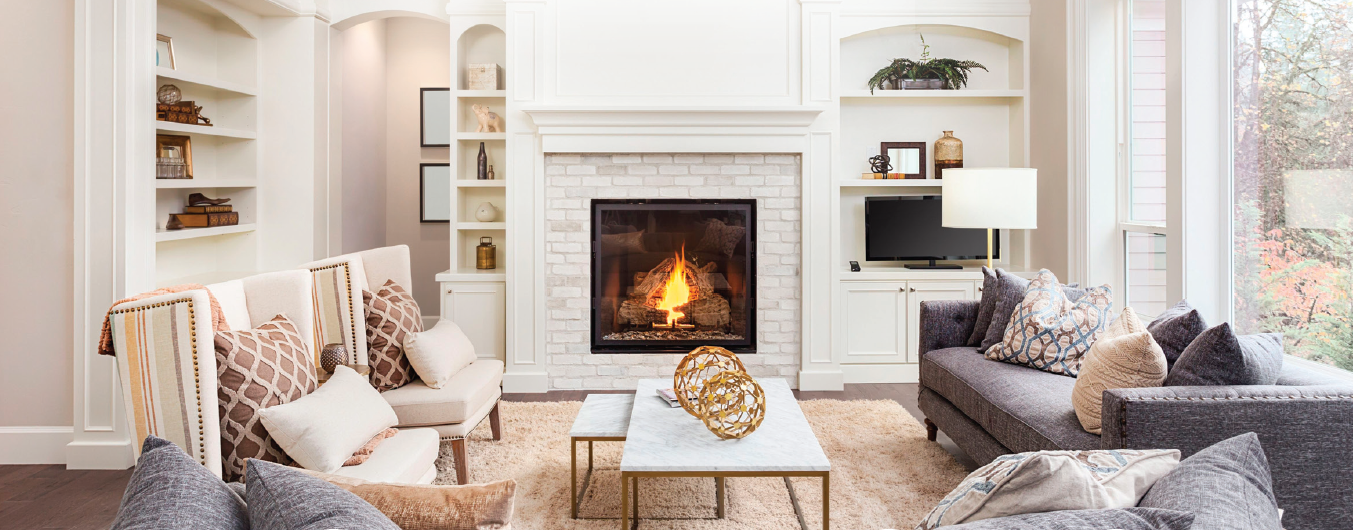Escalate Your Property Value by Increasing Its Appeal
Home staging is essential! So many homeowners question whether to stage or not when preparing to sell their homes, especially in a strong seller’s market when there’s an assumption the house will have twenty offers no matter what. This just isn’t the case. Besides setting an accurate price point, one of the most important steps in selling a home today is staging. The small price to pay to increase your home’s appeal packs a punch in the return on investment. Besides selling much faster, according to the Real Estate Staging Association, 85% of staged homes sell for 5-25% over the list price, frequently resulting in a multiple offers situation, driving up the cost of the home.
In addition, today’s buyers are savvy and know what they want by the time they’re physically looking at properties. They are also more than likely looking at listings and photos of homes for sale online before hitting the road. According to the National Association of Realtors (NAR), 83% of buyers say photos are the most critical factor in choosing which homes to tour.
It is a known fact that people buy emotionally. By focusing on aesthetics, staging allows a buyer to focus on the great bones of a home and its potential to fit their lifestyle. By doing simple things like decluttering the home, removing personal belongings and photos, and adding updated, neutral furnishings, the buyer can focus and make quicker decisions. It’s also a win-win as it allows the seller to pre-pack and decide what to keep for their next home.
I often get asked if it’s crucial to stage the entire home, and in a perfect world, the answer is yes. However, if budgets are a consideration, partially staged homes are also quite effective. According to Napa-based Dalia Staging & Design, the key rooms to stage in order of appeal are the living room, kitchen, dining room, and bedrooms, starting with the primary suite.
Based on my experience, I can attest that a home not staged almost always will have price reductions and will take much longer to sell, sometimes up to five months in an otherwise busy market. In summary, for a small investment, staging is a key strategy to help a seller escalate the value of their home simply by increasing its appeal.

